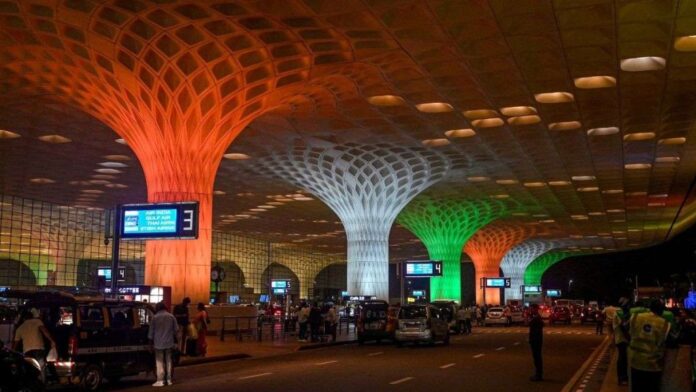Following a recent military flare-up with Pakistan, India has taken decisive actions against countries perceived as supporting Islamabad, escalating diplomatic tensions, particularly with Turkey and Azerbaijan. India accused Pakistan of using Turkish-made drones during the conflict, fueling public anger.
The Adani Group-operated Mumbai and Ahmedabad airports have terminated their ground handling agreements with Çelebi, a major airport services firm based in Istanbul. Mumbai International Airport announced its partnership with Indothai, a ground handling company, to absorb Celebi Aviation’s workforce and resources. These measures followed the Bureau of Civil Aviation Security’s (BCAS) withdrawal of Celebi’s security clearance due to national security concerns linked to Turkey’s stance on Pakistan.
Additionally, Air India is reportedly pushing the government to end a wet lease arrangement between IndiGo Airlines and its Turkish counterpart.
Meanwhile, similar steps have been taken at Delhi’s Indira Gandhi International Airport, further straining relations with Çelebi’s operations.
Airport officials have assured that ground handling services will continue seamlessly through new agencies, with current Çelebi employees retained under existing terms.
Celebi, which previously managed about 70% of Mumbai airport’s ground operations—including passenger services, cargo handling, and flight operations—issued a statement saying their operations have always complied with legal and security regulations and that they have received no prior warnings related to national security.
The Indian Ministry of Civil Aviation directed airports to collaborate on temporary solutions to minimise operational disruptions. Civil Aviation Minister Ram Mohan Naidu emphasised the primacy of national interest and public safety in these decisions.
In response to the diplomatic rift, Indian traders have started rejecting Turkish goods such as apples and marble. The Confederation of All India Traders (CAIT) has called for a full boycott of Turkish and Azerbaijani products and travel.
India and Turkey signed a bilateral trade agreement in 1973, with India’s exports to Turkey totaling about $5.2 billion between April 2024 and February 2025. Imports from Azerbaijan stood at approximately $1.93 million during the same period.
Reports indicate that Indian tourists are canceling trips to Turkey and Azerbaijan following their support for Pakistan amid the conflict. Major Indian online travel platforms, including EaseMyTrip and Ixigo, issued advisories warning travelers of security risks.
India maintains expatriate communities of about 3,000 in Turkey—including 200 students—and over 1,500 in Azerbaijan. In line with security concerns, Jawaharlal Nehru University suspended its memorandum of understanding with Turkey’s Inonu University.
Economic ties with Azerbaijan remain limited, making the current friction largely symbolic. However, India’s growing discontent could impact energy partnerships and regional alignments, as New Delhi strengthens ties with Armenia, Greece, and Cyprus—countries with longstanding issues involving Turkey and Azerbaijan.
These developments signal a marked shift in India’s foreign relations in the region, triggered by the recent conflict and shifting geopolitical priorities.




